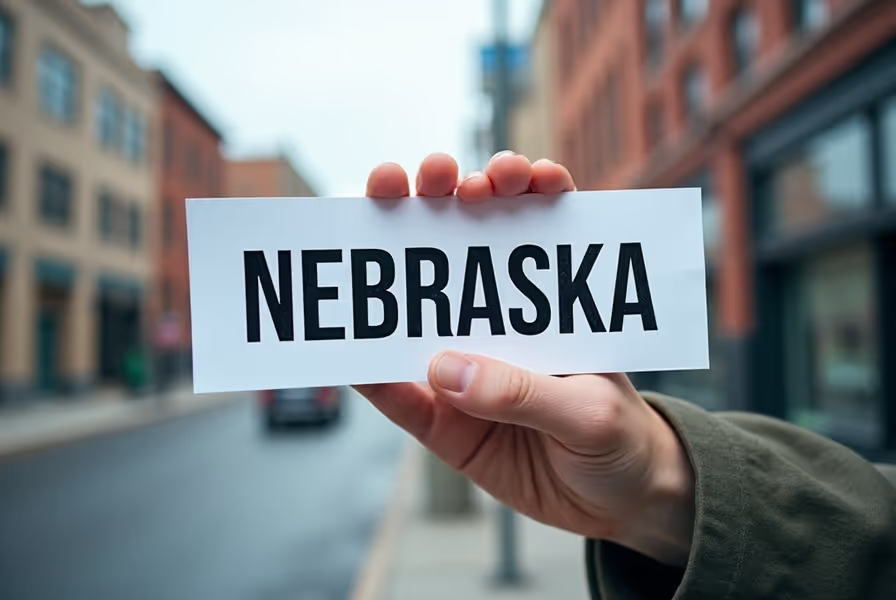Understanding Job Titles in Special Education
If you are curious about what a special education teacher is called, you are not alone. There are many words and job titles associated with working in special education. These professionals play an important role in supporting students who have learning differences or disabilities. The terms used for these teachers may vary by location, setting, or level of expertise. Exploring these names can give you a better sense of the different roles within this rewarding field.
Common Names for Special Education Teachers
The most widely used title is “special education teacher.” However, many schools and districts use additional titles based on grade level, population served, or teaching specialty. Here are some of the common terms you may encounter:
- Special Education Teacher – The standard title for educators who work with students with various disabilities.
- SPED Teacher – An abbreviation for "Special Education Teacher," often used informally or in school documents.
- Resource Teacher – A teacher who provides specialized instruction or support, often in a separate classroom known as the "resource room."
- Inclusion Teacher – Works in general education classrooms to support students with special needs alongside their peers.
- Intervention Specialist – A term used in some states or districts for special educators who focus on helping students overcome learning barriers.
- Exceptional Student Education (ESE) Teacher – Commonly used in states like Florida, this title refers to working with students who have exceptionalities.
- Special Needs Teacher – Used in some regions as a synonym for special education teacher.
- Learning Support Teacher – Focuses on supporting students who need extra help to succeed in school.
- Educational Diagnostician – A specialist who assesses and identifies student disabilities, often on a team with special education teachers.
Specializations and Advanced Roles
Within special education, there are also job titles based on grade level, disability type, or responsibility. You may notice these terms as you explore education careers or interact with your child’s school:
- Early Childhood Special Education Teacher – Works with preschool-aged children with disabilities.
- Behavior Interventionist – Supports students with behavioral or emotional challenges.
- Autism Support Teacher – Specializes in teaching students on the autism spectrum.
- Life Skills Teacher – Teaches practical life and vocational skills, often in high school settings.
- Itinerant Teacher – Travels between schools or classrooms to provide specialized support.
Terms You May Hear in Schools
You might also come across these helpful terms when talking with teachers, school administrators, or other parents:
- IEP Case Manager – The teacher in charge of a student’s Individualized Education Program (IEP).
- 504 Coordinator – Oversees accommodations for students with 504 plans (different from IEPs).
- Paraeducator or Paraprofessional – Assists special education teachers but is not a licensed teacher.
- Special Education Coordinator – An administrator who manages special education programs.
How Are Special Education Teachers Referred to in Different Regions?
Language and job titles can change from area to area. In the United States, “special education teacher” and “SPED teacher” are standard. In the United Kingdom and some Commonwealth countries, you may hear “SEN teacher,” short for “Special Educational Needs teacher.” In Australia and Canada, terms like “learning support teacher” and “special needs teacher” are also common.
Regardless of the specific title, these educators share a common mission: helping students reach their fullest potential.
What Qualifications Do Special Education Teachers Need?
Most special education teachers hold at least a bachelor’s degree in special education or a related field. Certification or licensure is usually required and sometimes includes additional endorsements in specific areas, like autism or behavior disorders.
- Bachelor’s Degree – Usually in special education or elementary/secondary education with a focus in special needs.
- Teaching License – State-issued, may have additional requirements for special education.
- Advanced Degrees – Some roles, like educational diagnostician or coordinator, may require a master’s.
Is There a Difference Between a Special Education Teacher and a Paraeducator?
Yes. A special education teacher is a certified educator responsible for developing lessons, writing IEPs, and assessing student progress. A paraeducator or paraprofessional, sometimes called a “teacher’s aide,” supports students and teachers in the classroom but does not have full teaching credentials. Both are essential, but their roles are distinct.
Frequently Asked Questions About Special Education Teacher Titles
What is another name for a special education teacher?
Special education teachers are also called “SPED teachers,” “resource teachers,” "intervention specialists," or “learning support teachers.” The exact title can depend on the school, state, or the specific needs they support.
What is a special education teacher called in different countries?
In the U.S., “special education teacher” is most common. In the UK, the title is often “Special Educational Needs (SEN) teacher.” In Australia and Canada, you may see “learning support teacher” or “special needs teacher.” Terms vary, but the goal is the same—supporting students with disabilities.
Do special education teachers need special training?
Yes. Special education teachers need to complete approved teaching programs and pass licensure exams in special education. Many pursue ongoing professional development in specific disabilities or interventions.
What does "resource teacher" mean?
A resource teacher provides extra support to students who spend much of their day in general education classrooms. They may teach in small groups or one-on-one, focusing on reading, math, or other subjects where students need additional help.
Are there different types of special education teachers?
Yes. Some focus on specific disabilities, like autism or severe cognitive impairments, while others work at elementary, middle, or high school levels. Some teachers specialize in behavior, speech, or vocational skills.
What is a paraeducator in special education?
A paraeducator, or paraprofessional, is an instructional aide who assists special education teachers in supporting students. They are not certified to teach on their own but are vital members of the classroom team.
Related Search Queries
- Special education teacher job titles
- Difference between special education teacher and resource teacher
- Definition of special education teacher
- Job description for SPED teacher
- Special education teacher vs inclusion teacher
- Special education instructor roles
Recognizing the Impact of Special Education Teachers
Whichever title you hear—special education teacher, resource teacher, inclusion specialist, or any other—each plays a life-changing role in the lives of students with disabilities. Their expertise, compassion, and dedication help break down barriers to learning. Understanding their job titles helps you better navigate the educational system and advocate effectively for every child’s unique needs.











.svg)



